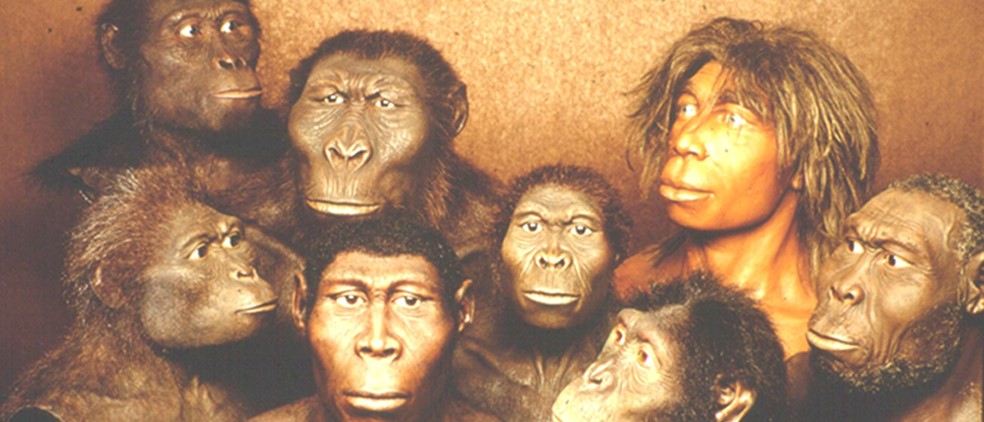- GU Home
- Biowissenschaften
- Studieren
- Studiengänge
- Master
- Biodiversity and Ecosystem Health
- Overview of the elective moduls
- Paleobiology and Environment
- Studiengänge
- Bachelor
- Master
- Biodiversity and Ecosystem Health
- Overview of the elective moduls
- Mycology
- Evolutionary Ecology & Global Change
- Diversity and Evolution of Plants
- Conservation Biology
- Ecotoxicology
- Aquatic Ecology
- Specialised Phytopathology
- Evolutionary genomics of vertebrates
- Paleobiology and Environment
- Molecular Evolution & Bioinformatics
- Zoo and Wildlife Biology
- Parasitology & Infection Biology
- Integrative biodiversity research in zoology
- Environmental Toxicology and -chemistry
- Diversity, Behavior and Ecosystem Functions of Birds and Mammals
- Evolutionary Ecology and Environmental Analysis
- Exam dates
- International
- Frequently asked questions
- Help and Advice
- Overview of the elective moduls
- Molecular Biosciences
- Interdisciplinary Neuroscience
- Physical Biology of Cells and Cell Interactions
- Umweltwissenschaften
- Biodiversity and Ecosystem Health
- Lehramt
- Promotion
- Graduierung
- Promovieren
- Studienberatung
- International
- eLearning & Medien
Paleobiology and Environment
Paleobiology and Environment
Apl. Prof. Dr. Ottmar Kullmer, kullmer@senckenberg.de, Tel. +49 69 7542 1364
PD Dr. Krister Smith, krister.smith@senckenberg.de, Tel. +496975421218
Dr. Angela Bruch, angela.bruch@senckenberg.de,
Tel. 49 69/ 7542-1568
Dr. Karen Hahn, karen.hahn@bio.uni-frankfurt.de, Tel. +49 69/798-43347
Dr. Christine Hertler, christine.hertler@senckenberg.de, Tel. +49 69 7542 1573
Dr. Thomas Lehmann, thomas.lehmann@senckenberg.de,
Tel +49 69 7542 1338
Prof. Dr. Friedemann Schrenk, schrenk@bio.uni-frankfurt.de, Tel. +49
69 7542 1260
Information of the module
In Palaeobiology, the main source of information is fossilized hard tissue. In our case, we deal mainly with fossil teeth and bones of vertebrates, including mammals and human ancestors. We consider palaeobiological remains as once-living beings and interpret them in their evolutionary-biological context. The module focuses on linking basic anatomical, palaeontological and palaeoecological knowledge concerning evolutionary morphology, functional morphology and evolutionary ecology. In detail, the following topics are covered: Evolution of vertebrates, origin of mammals, comparative anatomy and morphology of vertebrates (skeleton, skull, dentition), ontogenetic development of the skull, morphometrics and functional analyses of the mammalian dentition, evolution of primates, palaeoecology including palaeoclimate reconstruction, evolutionary ecology of early hominids, processes of taphonomy and fossilisation, actualistic comparisons and modelling in palaeobiology, fossil prospecting and field documentation. The module will take place at the Biologicum, Campus Riedberg and the Senckenberg Research Institute. It is divided into two parts: During the first three weeks, we integrate lectures and seminars with practical applications on specimens. During the second three weeks, the participants will work on a current research project at the Senckenberg Research Institute. For this purpose, the working areas of palaeoanthropology, mammals and morphometrics, Grube Messel, palaeoclimate reconstruction, and the ROCEEH project (Role of Culture in Early Expansions of Humans) can be chosen.

Time slot of the module- first half of the Winter semester
Number of available places - 9
Special features - The excursion and part of the practical (fieldwork) usually take place outside the lecture period.
Homepages of the participating working groups
Quicklinks
- Study regulations (German version)
- Study regulations (English version)
- Module manual
- Application portal
- Mailing list registration
- Incoming student events and selection of the modules
- Application for admission to the Master's examination
- University calender
- FAQ
- Registration master moduls
- Registration master thesis
Studiengangs-koordination
Dr. Sabrina Schiwy
Biologicum, Campus Riedberg
Flügel C, Raum3.318
Max-von-Laue-Str. 13
60438 Frankfurt am Main
F +49 69 798-42173
Office hour:
by arrangement
E-Mail schiwy@bio.uni-frankfurt.de
Prüfungsamt
Sandra Luckert
Biozentrum, Campus Riedberg
Gebäude N 101, Raum 1.07
Max-von-Laue-Str. 9
60438 Frankfurt am Main
T +49 69 798-46475
F +49 69 798-46470
Office hours:
Tuesday and thursday from 12-14 o'clock and by arrangement
E-Mail pabio2@bio.uni-frankfurt.de
- Aktuelles und Presse
- Pressemitteilungen
- Öffentliche Veranstaltungen
- Uni-Publikationen
- Aktuelles Jahrbuch
- UniReport
- Forschung Frankfurt
- Aktuelle Stellenangebote
- Frankfurter Kinder-Uni
- Internationales
- Outgoings
- Erasmus / LLP
- Goethe Welcome Centre (GWC)
- Refugees / Geflüchtete
- Erasmus +
- Sprachenzentrum oder Fremdsprachen
- Goethe Research Academy for Early Career Researchers
- Forschung
- Research Support
- Forschungsprojekte, Kooperationen, Infrastruktur
- Profilbereich Molecular & Translational Medicine
- Profilbereich Structure & Dynamics of Life
- Profilbereich Space, Time & Matter
- Profilbereich Sustainability & Biodiversity
- Profilbereich Orders & Transformations
- Profilbereich Universality & Diversity





